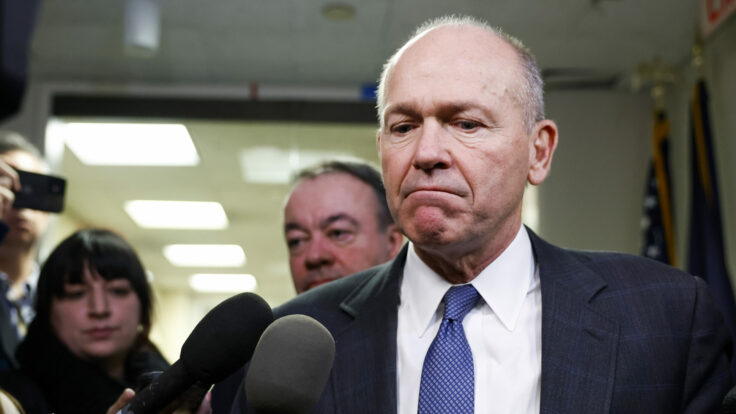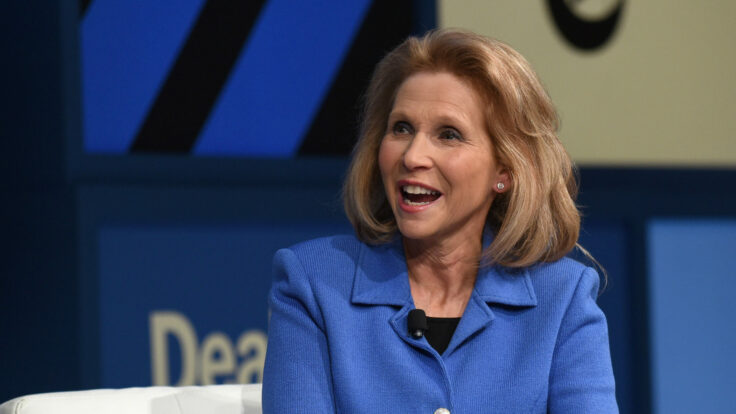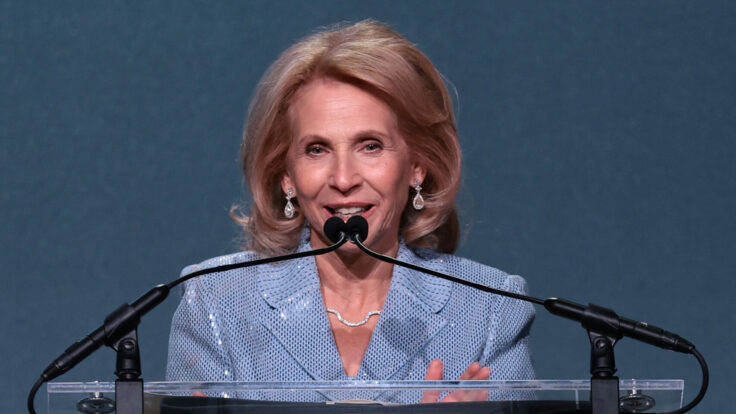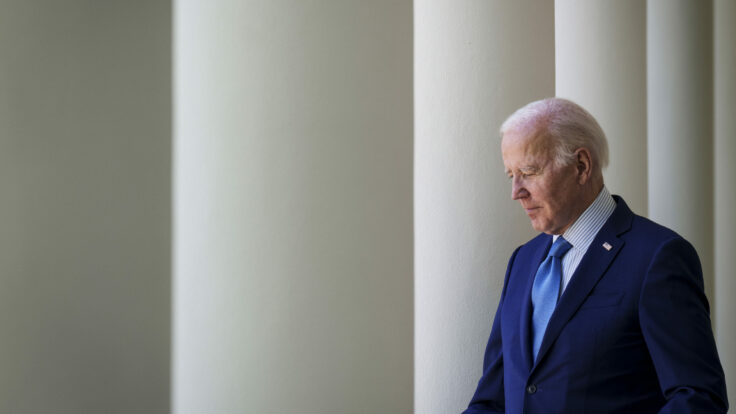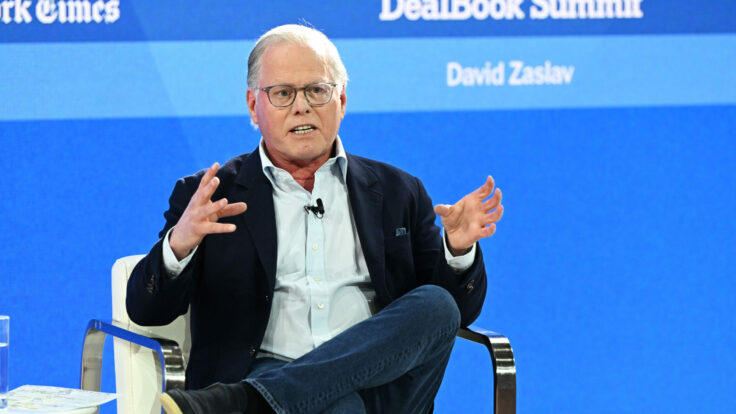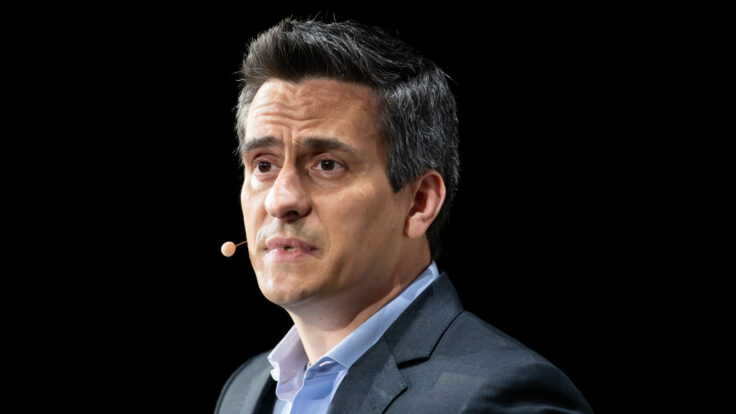In May, Cyrus Vance, the Manhattan district attorney, convened a grand jury to consider whether the Trump Organization and any of its dozen or so employees, including Donald Trump and Alan Weisselberg, the company’s chief financial officer, should be indicted. At the time, Vance said the grand jury would meet three times a week for six months. Of course, that six-month clock ends next month, and Vance will be leaving office at the end of the year, replaced, most likely, by Alvin Bragg, the winner of Democratic primary race for Vance’s vacant seat. And so it seems like a fortuitous moment to consider the remarkable prospect of criminal charges being brought against Trump—and whether Bragg would actually decide to prosecute the case should the grand jury hand up an indictment of the former president.
At the turn of the millennium, I spent a month on a Manhattan grand jury. I was elected secretary, meaning that I was the one who tallied the votes of my fellow 23 jurists after each prosecutor’s presentation and the one who conveyed the votes to the Manhattan district attorney’s office. I learned more than a little something about the way people vote on a grand jury. And I am here to tell you that the old saw about a grand jury being willing to indict a ham sandwich is true, even if the actual expression is “a grand jury would indict a ham sandwich in the death of a pig,” which, as one district attorney told me, provides the expression an entirely different context. In any event, it is the rare grand jury that does not indict, just as it is the rare scorpion that doesn’t sting.









